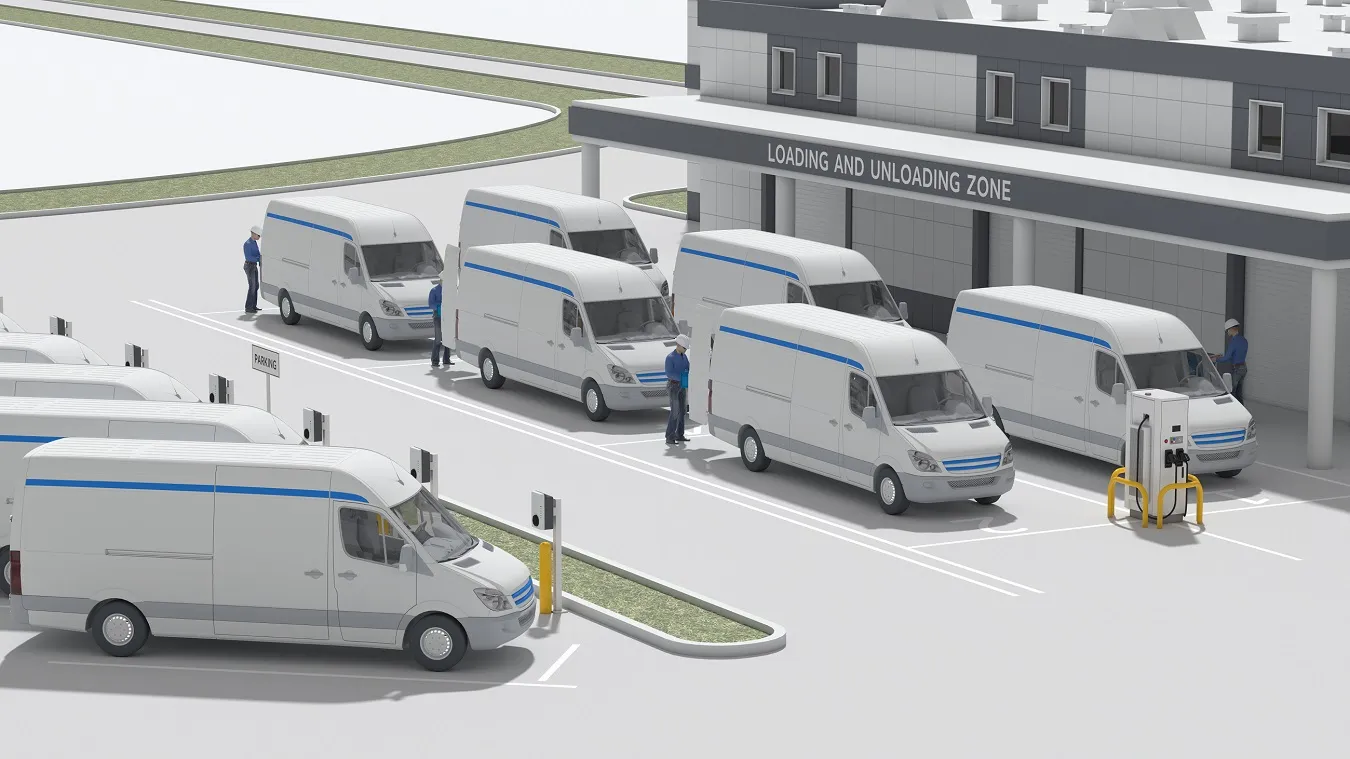
Driverless taxis should be able to be deployed in the Russian capital Moscow in four years' time, according to the country's deputy transport minister Alexei Semyonov.
Russia-based multinational Yandex is trialling 100 units on Moscow's streets at the moment.
Russian news agency Tass reported Semyonov's announcement: "If we efficiently start implementing the plan we are developing on the basis of our stakeholder authorities and key companies - these are the Transport Ministry, the Interior Ministry and the Ministry of Industry and Trade - then, I believe, the year of 2024 is the period when we can launch driverless taxis."
The Russian government has pledged to make the development of connected and autonomous vehicles (C/AVs) one of its priorities in the field of transport within the next few years.
Yandex is working with Hyundai Mobis to develop software and hardware systems for self-driving cars, signing a memorandum of understanding last year with a stated aim of creating a self-driving platform that can be used by any car manufacturer or taxi fleet.









